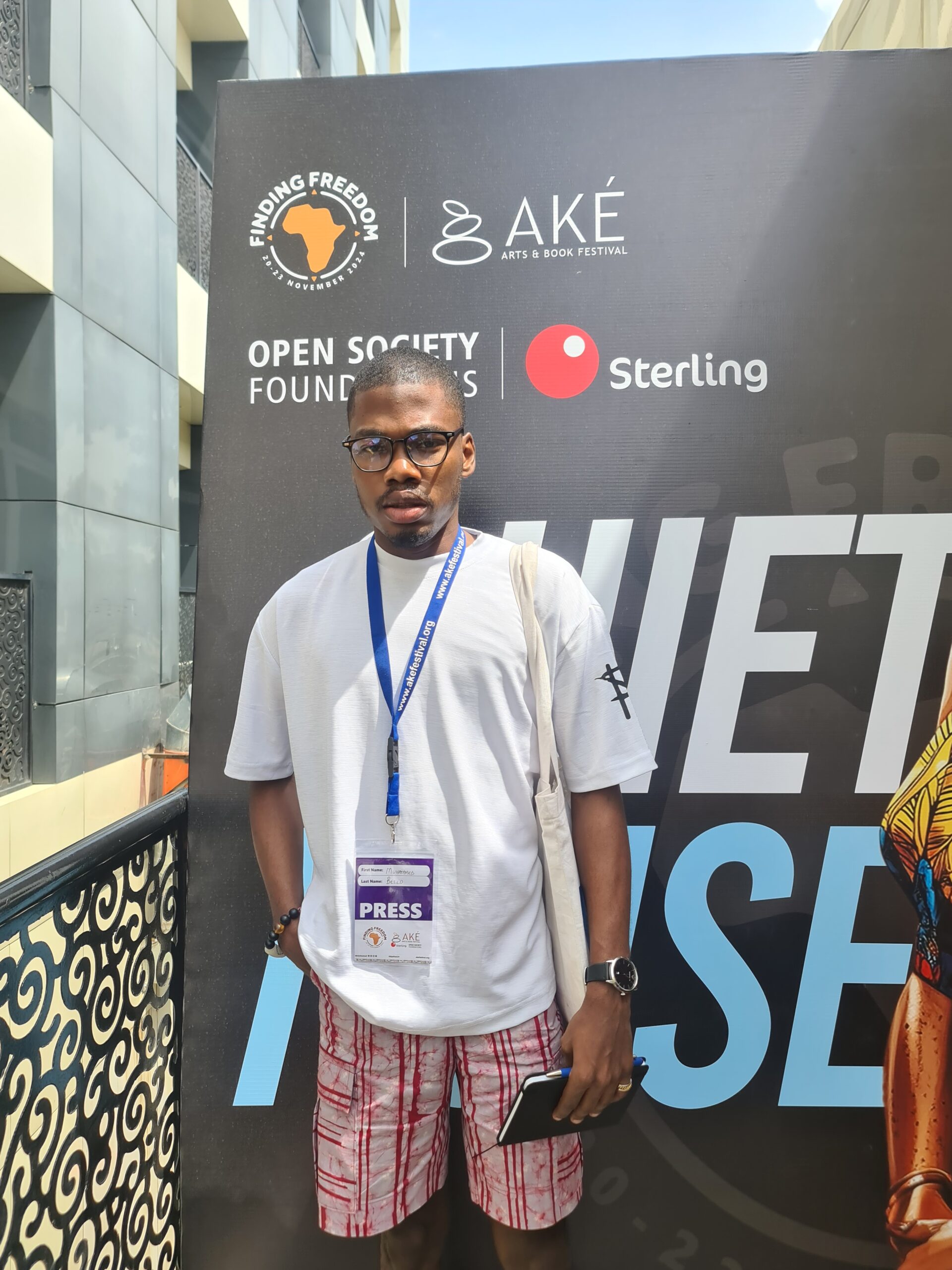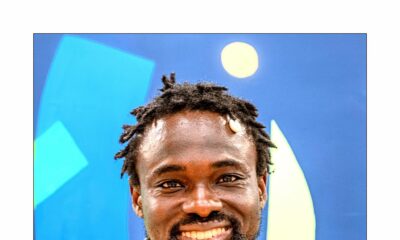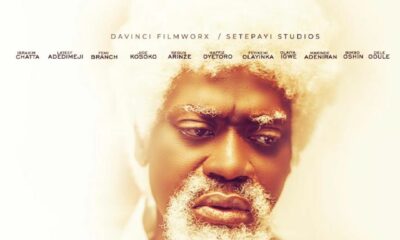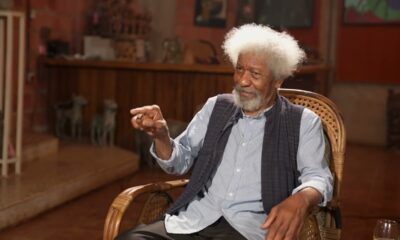Features
Muhammed Bello: How Aké Festival Inspires Bold Conversations That Challenge Societal Norms

Lagos is loud. It sings, talks, and shouts all at once. From the neighbour playing a specific classic at 5:30 a.m. to the mosque’s muezzin and the preacher’s crackling loudspeakers, the sounds are ever-present. It continues with the competitive bombardment of music coming out of every shop front—Afrobeats, Gospel, Fuji, highlife, and the theatrical performances of the bus conductor hanging on molue and yellow busses, shouting “Ikeja! Ikeja!”
That loudness is the beginning and the conclusion of every conversation. This city is noisy, yet I don’t hate it. Before relocating to Abeokuta, I spent too much time in this city to hate it. I am back this time for my second visit to the Aké Arts and Book Festival, where over a thousand writers, poets, singers, actors, filmmakers, artists, and intellectuals gathered to celebrate creativity. The 12th annual festival, themed “Finding Freedom,” captured Lagos’s unique spirit, turning challenging discussions into open dialogue.
The last time I was here, I came as a participant with no expectations other than to be immersed in Aké’s jam-packed schedule of creative activities, including panel talks, book discussions, poetry, music, games, and a little palm wine. This year, I’m going with a press pass.
While Aké has long highlighted books, festival director Lola Shoneyin emphasised the festival’s greater mission: “We want people to walk away with more than just books and networking. They should feel better informed and more receptive to fresh ideas.” This majorly manifests in the panel discussion titled “Demystifying Cancer,” which featured Wole Soyinka, Gloria Okwu, and host Ruona Mayer.
In Nigeria, many crucial health discussions are often held in whispers or not addressed at all. Conditions like cancer and HIV/AIDS carry a stigma, making it difficult for those affected to speak openly about their experiences. Despite the availability of modern medical facilities, many people choose spiritual healing over conventional healthcare. This decision leads to a worsening of preventable conditions, complications, and sometimes even death. According to the World Health Organisation, cancer alone claims more than 72,000 lives annually in Nigeria, making it the second deadliest disease worldwide, responsible for 9.6 million deaths in 2018.
Gloria Okwu spoke on how her careful nature could not save her from the grip of cancer.”It slows you down somehow,” she said. She called cancer the “most toxic thing that can happen to anyone.” Her voice grew firmer as she continued. “It is financially toxic. It takes your money, it takes your time.” She and Ruona shared their cancer journeys through projected images, documenting their medications and physical transformations while the audience watched intently.
Gloria described her initial horror as being shaped by other people’s stories. “The first survivor I spoke to made it look like living was worse than dying,” she said, highlighting the lack of open, honest discourse regarding cancer patients’ experiences. Her story illustrated the festival’s belief in the transformative power of narrative to address complicated social challenges such as health stigma.
This year, the Ake Festival’s strategy emphasises the transformative power of storytelling, particularly in addressing the complex social issue of health-related stigma. Jesimiel Williams, a first-time attendee, highlighted that storytelling can significantly influence beliefs about cancer and other illnesses. “For many readers, literature serves as their first meaningful encounter with specific health conditions,” he noted. “Authors have the power to shape how people understand this information.” His insight illustrates how authentic and nuanced portrayals of health issues can evoke empathy and challenge stereotypes.
Like Lagos, the festival openly addresses difficult conversations instead of shying away from them. It embraces the city’s tradition of speaking boldly, turning personal stories into powerful tools for change. This highlights how storytelling is a crucial catalyst for societal transformation, especially in healthcare, where well-crafted narratives can challenge long-held beliefs and promote true understanding.





















